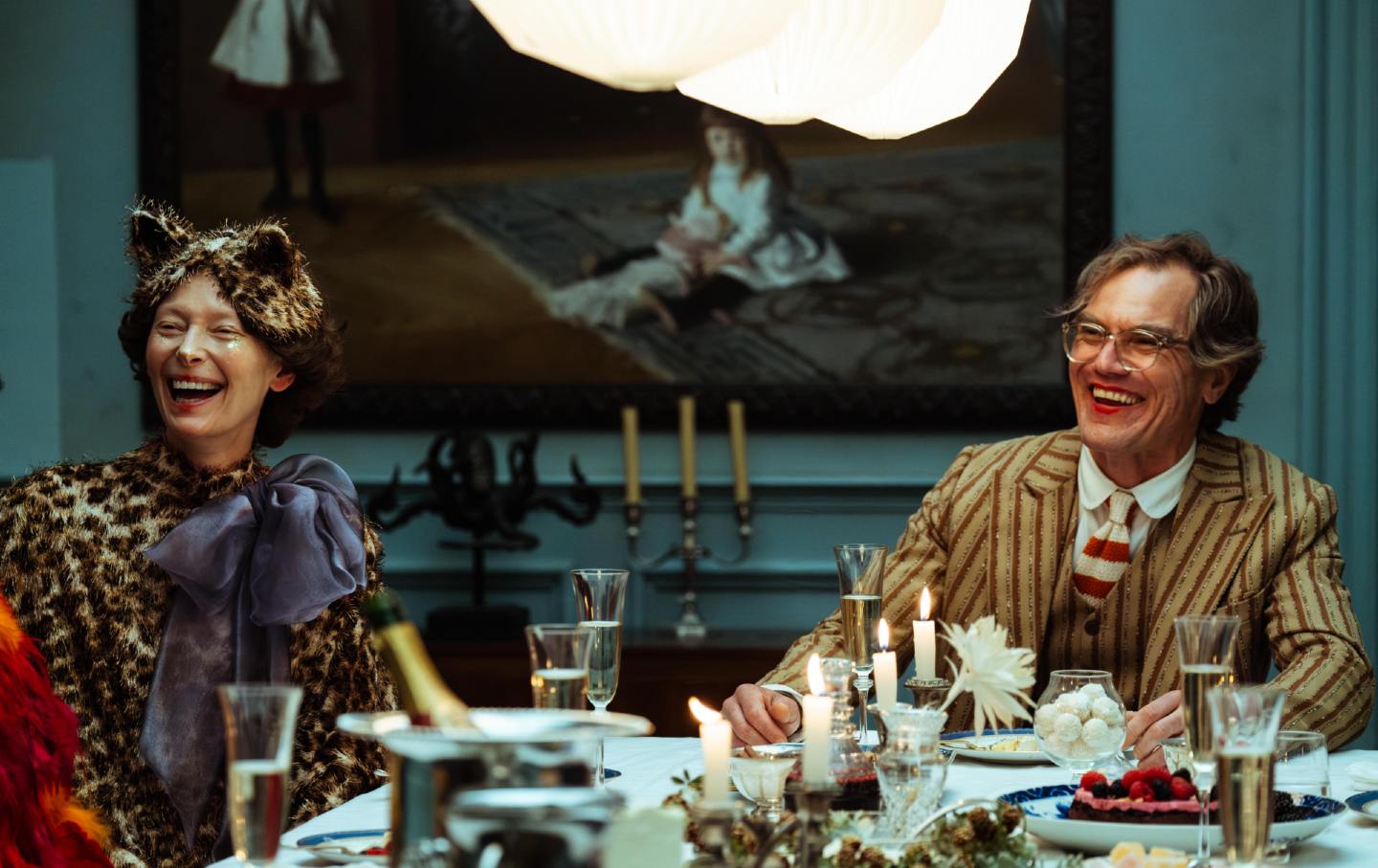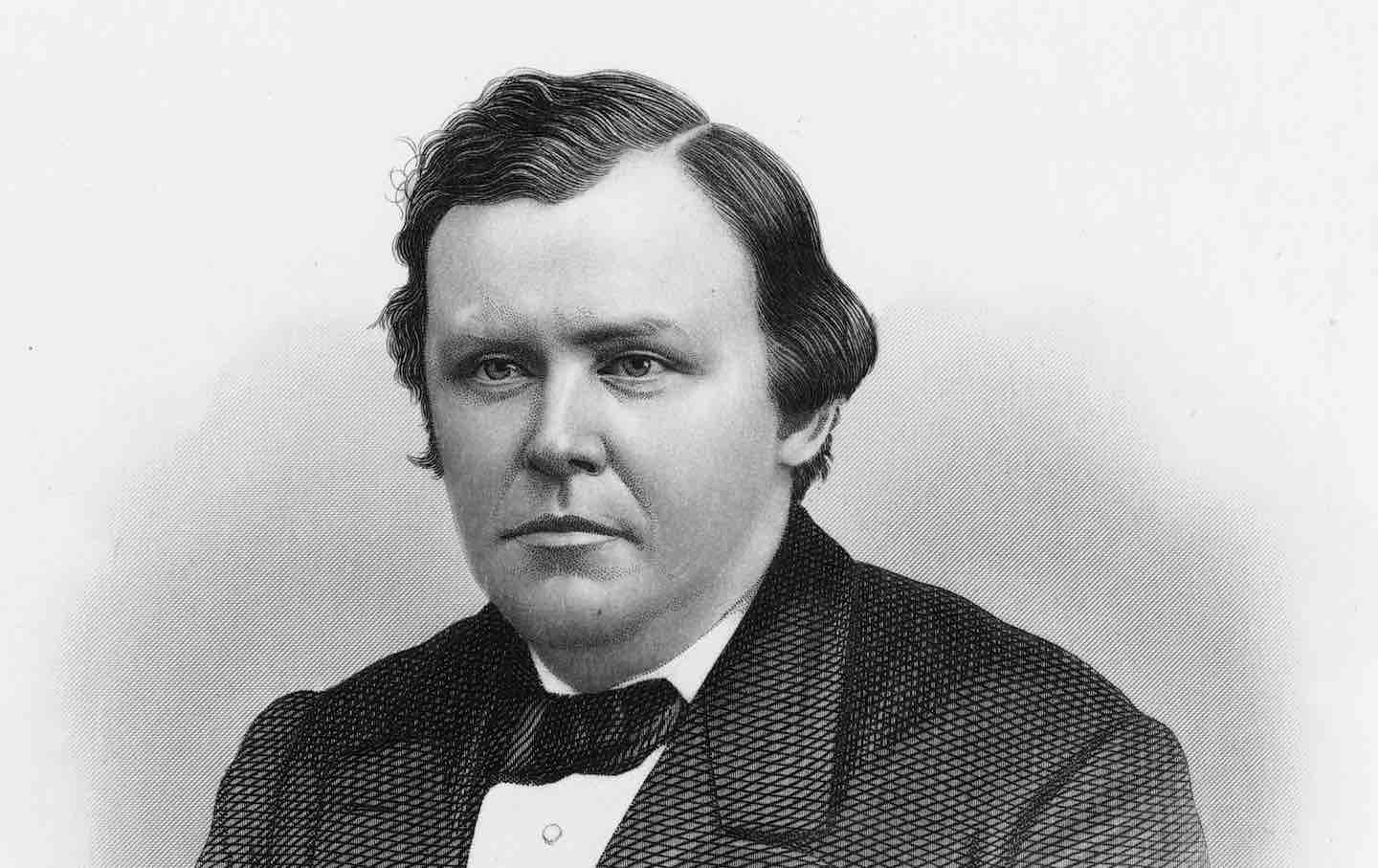nous nous baignons — variations
an experimental translation of Marie-Andrée Gill
nous nous baignons1 dans le mal de vivre2 de l’asphalte chaud3
en attendant de trouver la parole habitable4
ou de gagner quelque chose au gratteux5
1 we skinny dip in mal de vivre / we shed our skins
& plunge in nus / the waters close
above our heads / we stew / we wallow
2 deep in dread / we submerge in gall / we all
but founder / we fall malades / we wade
into the noxious bloom
3 of a newly paved lot / we bathe in fresh
tar / asphalt our mer, we peer
out where it meets the sky
4 we shade our eyes & scan
for safe location / safe
locution / unbroken
word / we hold out for a language
like landfall
5 we hold out for a windfall / a scratch-off
win / we tread pavement like water, awaiting
la parole habitable / a language
to shelter within
The lines in French are excerpted from Marie-Andrée Gill’s Frayer (La Peuplade, 2015), which examines the effects of settler colonialism on her Pekuakamiulnuatsh community’s lands and language. Frayer’s English edition, Spawn, translated by Kristen Renee Miller, was published in 2020 by Book*hug Press.
Kristen Renee Miller is the director and editor-in-chief at Sarabande Books. A poet and translator, she is a 2023 NEA Fellow and the translator of two books from the French by Ilnu Nation poet Marie-Andrée Gill. She is the recipient of fellowships and awards from the Foundation for Contemporary Arts, AIGA, the John F. Kennedy Center for the Performing Arts, the Gulf Coast Prize in Translation, and the American Literary Translators Association. Her work can be found widely, including in Poetry Magazine, The Kenyon Review, and Best New Poets. She lives in Louisville, Kentucky.








